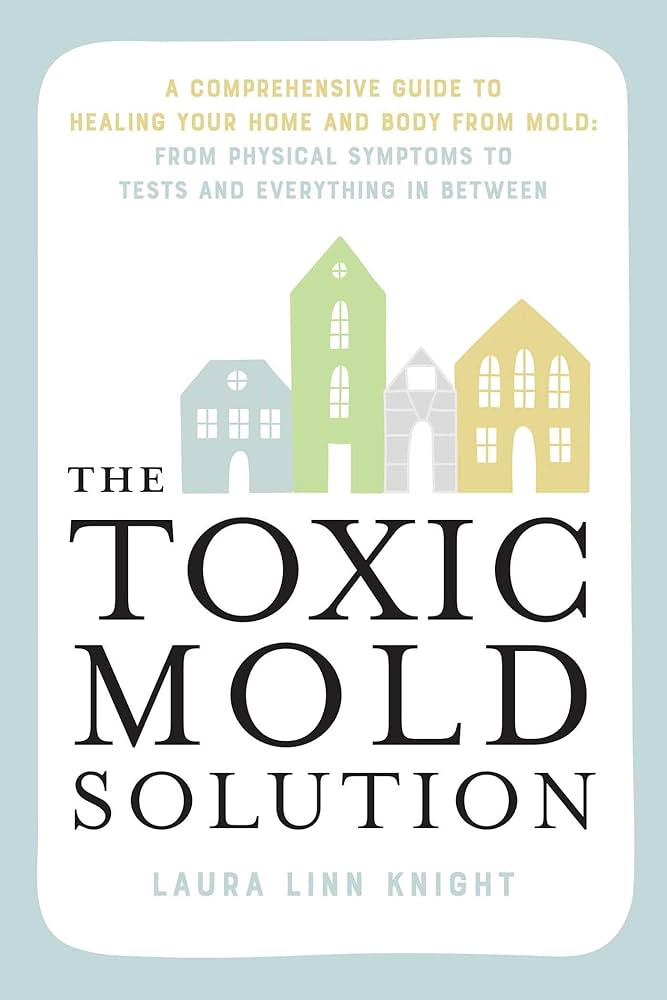
Mold health risks are a serious concern that every homeowner should be aware of. Mold exposure can lead to various health problems such as respiratory issues, allergies, and even skin irritation. It is important to understand the potential dangers of mold in your home.
Understanding the Dangers: Mold Health Risks
Understanding the Dangers: Mold Health Risks
When it comes to mold in your home, understanding the potential health risks is crucial. Exposure to mold spores can lead to a variety of health issues, ranging from mild irritation to more serious respiratory problems.
Allergies are a common response to mold exposure, with symptoms such as sneezing, coughing, and itchy eyes. For individuals with respiratory conditions like asthma, mold can exacerbate symptoms and lead to difficulty breathing.
In more severe cases, prolonged exposure to mold toxins can result in serious health consequences, including respiratory infections and even lung damage. This is why it is important to address any mold issues in your home promptly and effectively using proper mold solutions.
By taking preventive measures and implementing effective mold remediation strategies, you can protect yourself and your family from the potential health risks associated with mold exposure.
Frequently Asked Questions
What are the potential health risks associated with mold exposure?
Exposure to mold can lead to respiratory issues, allergic reactions, asthma exacerbation, and other health problems.
How can mold in the home impact my family’s health?
Mold in the home can impact your family’s health by causing respiratory issues, allergies, asthma, and other health problems. Mold spores can be inhaled and lead to symptoms such as coughing, sneezing, and irritation of the eyes, nose, and throat. It is important to address mold issues promptly to protect the health of your family.
Are certain individuals more susceptible to mold-related health issues?
Yes, certain individuals with weakened immune systems, respiratory conditions, allergies, or asthma are more susceptible to mold-related health issues.
What symptoms may indicate that mold is affecting my health?
Symptoms that may indicate mold is affecting your health include allergy-like reactions, respiratory issues, skin irritation, headaches, and fatigue. It’s important to seek professional help to address any potential mold-related health concerns.
How can I minimize the health risks of mold exposure in my living space?
To minimize the health risks of mold exposure in your living space, ensure proper ventilation, maintain low humidity levels (below 60%), fix any water leaks promptly, clean and dry any areas affected by moisture, and use mold-resistant products when renovating or remodeling.
In conclusion, mold can pose serious health risks if not properly addressed. It is important to be proactive in identifying and remedying mold problems in order to protect the health and well-being of yourself and your loved ones. By following the guidelines and solutions provided in Mold Solutions Guide, you can create a healthier environment and prevent the potential dangers associated with mold exposure. Remember, when it comes to mold, prevention is key.
![]()